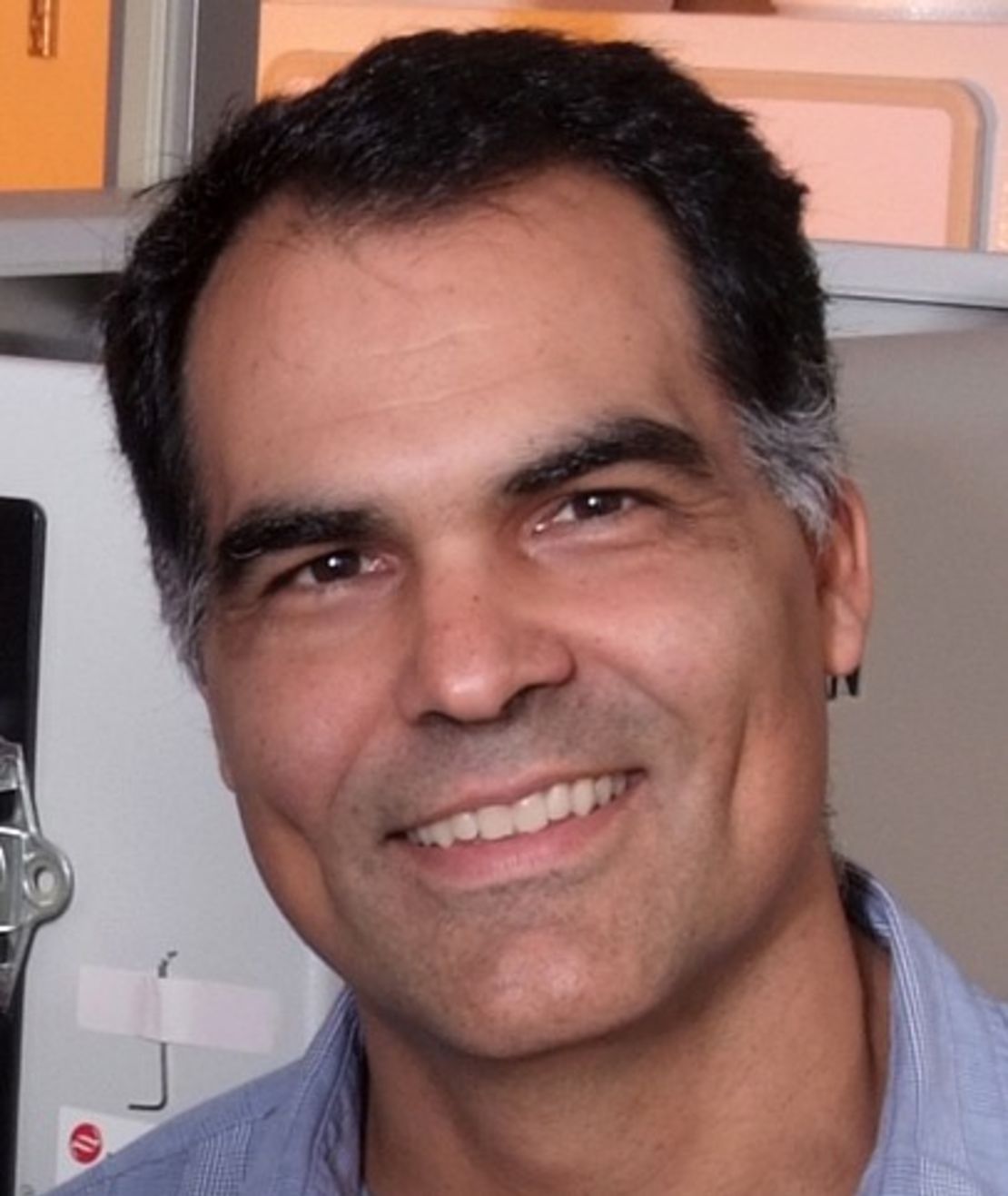Editor’s Note: Carlos Moreno, an associate professor in the department of pathology and laboratory medicine at Emory University School of Medicine, is a Public Voices Fellow for The OpEd Project. The opinions expressed in this commentary are his.
Story highlights
A Democrat is running for Congress, openly saying he is an atheist
Carlos Moreno: Atheists are significant fraction of Americans, why not elect them?
The prejudice facing atheists is greater than that faced by other groups, he says
Moreno: Prejudice keeps atheists from running and discourages candor about beliefs
This fall, for the first time in U.S. history, an openly atheist candidate is running for Congress. James Woods is fighting an uphill battle as a Democrat seeking to represent the very Republican 5th Congressional District in Arizona.
There are now no openly atheist members of Congress, even though nearly 20% of Americans report having no religious affiliation, according to the Pew Research Center, and between 5% and 10% of Americans do not believe in a supreme being.
So far, only one sitting congressman, Pete Stark of California, has ever admitted to being an atheist while in office. First elected in 1972, Stark came out of the atheist closet back in 2007, but he lost his re-election bid in 2012 after serving in the U.S. House for 40 years.
Photos: Famous atheists and their beliefs

Apparently, it is easier to be a gay member of Congress than an atheist one, since Barney Frank announced he was gay in 1987 but didn’t announce he was an atheist until after leaving office in 2013. A handful of current members of Congress state that their religious affiliation is “unspecified,” but none has stated publicly that he or she doesn’t believe in God.
Their reticence is pure political pragmatism. The reluctance of Americans to vote for atheists is well documented. In fact, a hypothetical “well-qualified” atheist presidential candidate polls at 54%, lower than any other category – below Muslims, gays/lesbians, Mormons, Jews, Hispanics, Catholics, women, or African-Americans.
This fundamental distrust is puzzling. When people of faith question the morality of those without faith, how do they reconcile that with the countless crimes committed in the name of religion throughout history (e.g. The Spanish Inquisition) and in modern times (e.g. ISIS)?
Not only are atheists unlikely to win elections, but they are actually banned from holding office under the constitutions of seven states (Arkansas, Maryland, Mississippi, North Carolina, South Carolina, Tennessee and Texas), according to the American Humanist Association, even though this clearly violates Article VI of the U.S. Constitution, which states that “no religious test shall ever be required as a qualification to any office or public trust under the United States.”
When the views of anywhere from 5% to 20% of the American people are not part of the debate in our legislatures, the laws that are passed may not fully reflect the will of the people or, at a minimum, take into account the opinion of a sizable minority. African-Americans are about 13% of the U.S. population and have a representation of about 10% of the members of the U.S. House. Imagine how people would react today if there were no African-Americans in Congress.
That admitted atheists are virtually unelectable is a mark of prejudice against them and it impacts the ways we formally educate the future leaders of this country. Consider the fact that Tennessee recently passed a law allowing teachers to tell their students that evolution and climate change are “scientifically controversial,” and that Ohio is considering passing a law that would enable the teaching of intelligent design alongside evolution.
Why is it that we require our candidates to profess a religious faith, but not that they demonstrate even minimal scientific literacy? Our representatives in Congress make critical decisions on science policy and science funding, and yet are often hostile to the entire scientific enterprise. In 2012, Rep. Paul Broun, R-Georgia, while serving on the House science committee, famously said that evolution and the Big Bang are “lies from the pit of hell.”
As one prejudice after another has fallen by the wayside and we have elected women, African-Americans, gays and lesbians, and Jewish people to represent us, we have seen that the world has not come to an end. Life continues, and our debate is enriched by the diversity of opinions. It is time to end the prejudice that keeps qualified people without faith from considering a run for public office and keeps atheist officials from being honest about their beliefs.
Read CNNOpinion’s new Flipboard magazine.
Follow us on Twitter @CNNOpinion.
Join us on Facebook.com/CNNOpinion.




